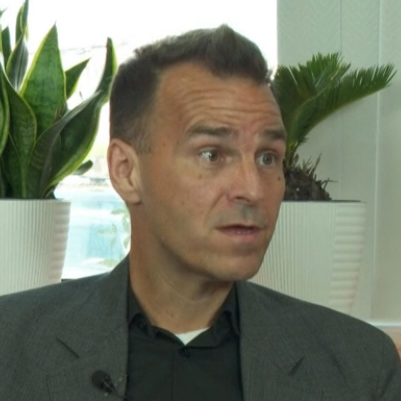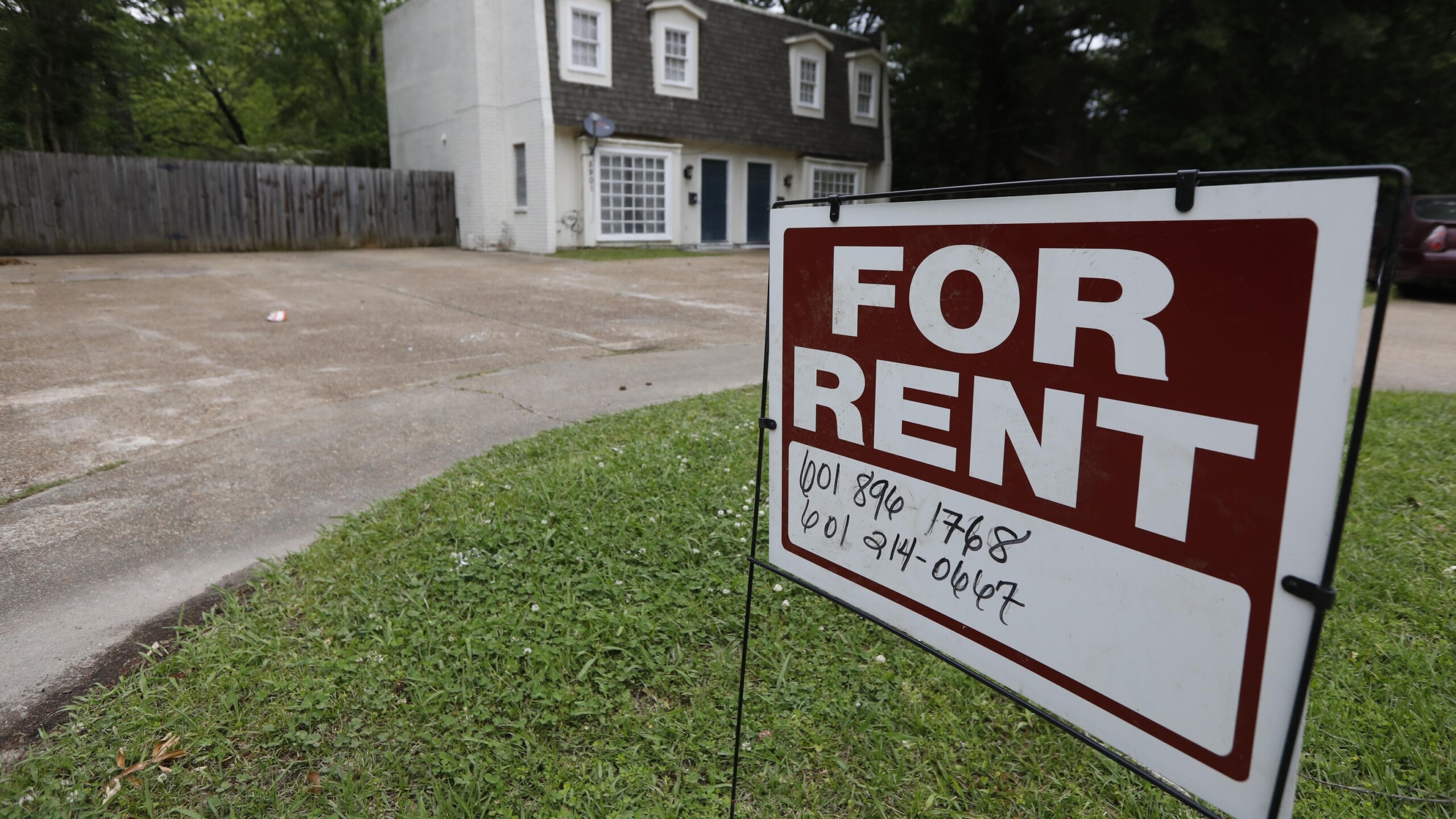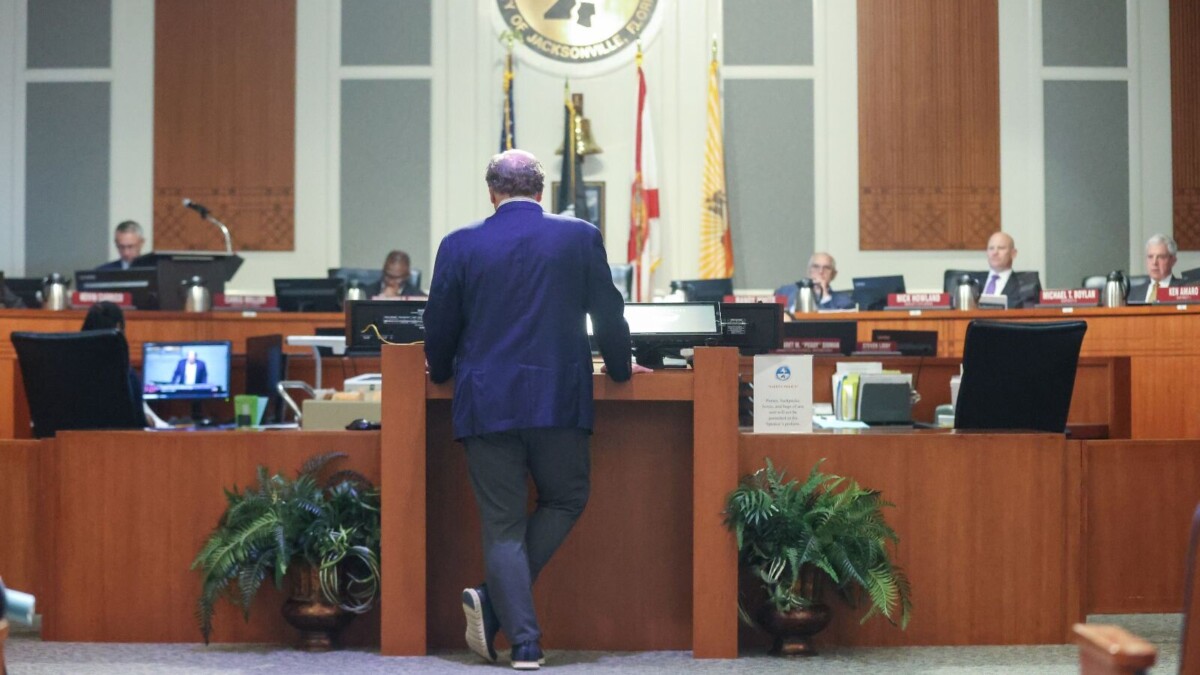
Jacksonville City Council member Jimmy Peluso’s pitch to create a local landlord registry is a sign of the times in a number of ways.
It is a well-meaning effort, but ultimately sound and fury signifying nothing except a bipartisan commitment to symbolism over substance.
In a superficial sense, it’s good policy to deal with the realities of a city that has changed in recent decades, even years.
In a more meaningful sense, though, it leaves inequities unaddressed and spotlights an inability of local government to deal with structural imbalance that drives the political process.
Peluso, a staunch ally of Mayor Donna Deegan, wants the executive branch to create the registry and thereby “provide a public platform for transparency and accountability for landlords and tenants.”
This is a useful tool in some ways, especially given the increased concentration of property into the hands of a small group of owners. In the waning days of the Joe Biden administration, the Department of Justice targeted institutional landlords, including two who have 21 complexes between them, for colluding to keep rents high.
Time will tell, of course. Both about whether that suit continues forth in the Pam Bondi era. And whether even institutional landlords can conspire to keep rents high amid what appears to be a global recession in the making.
Peluso’s resolution would allow, at least in theory, for the institutional landlords and smaller operators alike of the city to be taken to task for various practices.
Florida Rising, a left-of-center activist group, says that ideally it would allow for true accountability.
“The Jacksonville City Council has the power to require housing operators and landlords in Jacksonville to obtain a license to conduct business in this city. A landlord registration process would allow council members to have a clear understanding of the rental housing inventory in our city and ensure that landlords provide safe quality housing and receive updated education and resources on how to successfully operate rental units that meet high standards. The constituents of Jacksonville know that this registry will be beneficial to landlords, renters, and the city of Jacksonville Code Enforcement (office) alike,” the group cheers.
But there’s only so much a landlord registry can do.
Consider New York City, which requires licensing for property owners. It also has the highest rents in the country, and a lot of never-renovated units with electrical wiring and amenities that belong in museums rather than households in 2025.
And that can’t be blamed on Republicans.
Democrats control the NYC City Council and state government, and until Mayor Eric Adams renounced his party amid finding a new appreciation for Donald Trump amid his own legal issues, the mayor’s office was Democratic also.
In short, even in a city that’s the global center of capital and culture, God help you if you’re renting.
Peluso’s landlord registry proposal is also aspirational in the purest sense.
The resolution notes, correctly, that “Duval County was named the eviction capital of Florida last year by UNF’s JAX Rental Housing Project, with seven evictions filed in court for every 1,000 renters, double the number for Miami-Dade and Pinellas counties, and 34% of all eviction filings were concentrated within 100 buildings.”
It’s unclear what a registry can do about any of that. It could, in theory, warn people of eviction-happy property owners. But the resolution language doesn’t contemplate that.
Rather, it is intended to “improve accountability and communication to more easily locate landlords in times of emergency, and provide tenants with insight as to the condition of their rental properties, including any past violations or complaints.”
So it can tell people, “Hey, this guy doesn’t care about his building’s mold problem, plumbing issues and so on.” But it can’t do much about the eviction crisis beyond offering information.
Interestingly and surprisingly to this writer, homeownership has actually increased in the city in recent years, nearing 58%. That’s up a few percentage points from a decade ago.
While the trend is promising, it should be a policy priority to encourage even more homeownership for a variety of reasons.
It’s been known for many years that owner-occupied neighborhoods are inherently more stable than those dominated by rental stock. Renters are more likely to move every year or two than homeowners, who are locked into place in some cases by favorable mortgage terms of the past, and who don’t want to hazard transaction costs beyond that. The era of “flipping” houses is over.
As the ultimately doomed “missing middle” discussion in City Council revealed, residents are concerned about incorporating multi-family development into historically owner-occupied, stable neighborhoods. Older areas of town, including ones where mixed-use development was part of the plan decades ago, would not have been exempted.
The unspoken reality there: Stakeholders prefer to live next door to other people with real stakes in their communities, rather than people who tend to be more transient.
Given a budget crunch looming for Jacksonville amid fiscal encumbrances ranging from stadium renovation to more money for first responder salaries and benefits, there likely is no capacity for the city to encourage homeownership in a meaningful way.
But the hollowness at the heart of Peluso’s proposal is that politicians have little leverage over developers and institutional landlords, many of whom play heavily in local politics. It is a populist gesture. But it’s one that deliberately papers over a lack of true populism in the local political process, or willingness to meaningfully confront the permanent capitalist class on behalf of those least able to fight its depredations.







